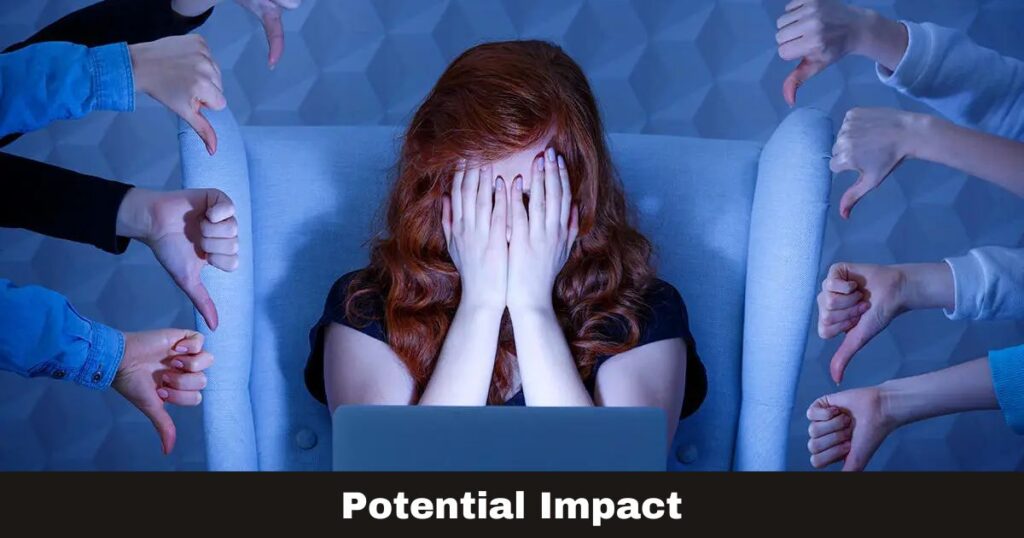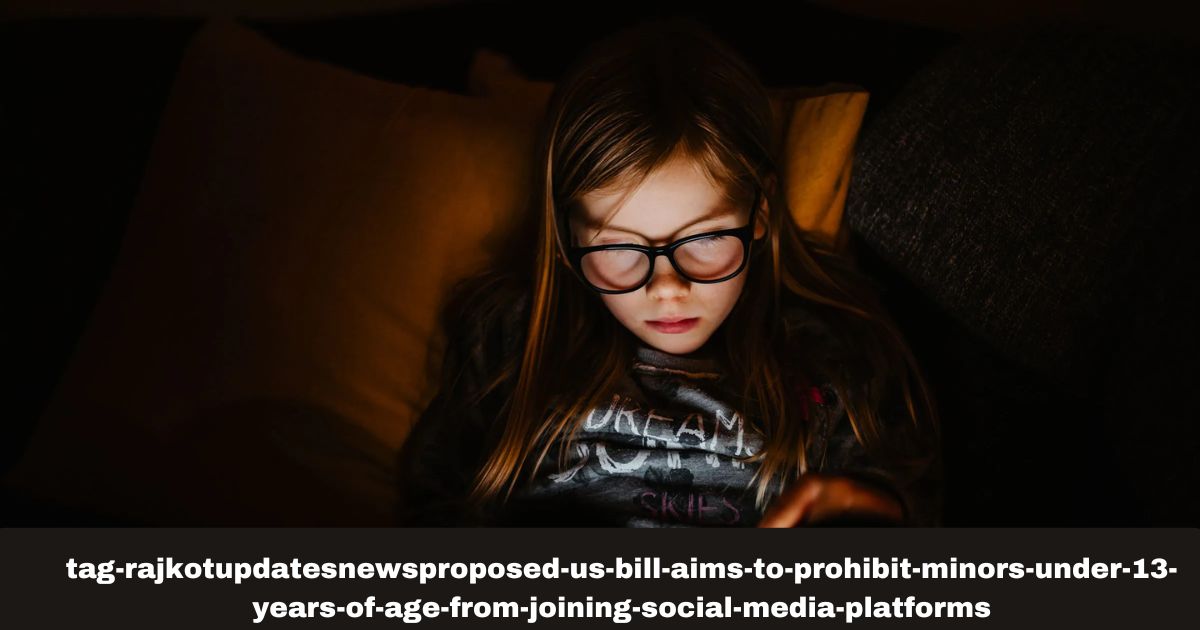As parents, we’ve all experienced that sinking feeling when we catch a glimpse of our child’s social media feed. Amid the innocent posts and memes, there’s often a dark undercurrent – disturbing content, harmful influences, and algorithms designed to keep young minds hooked. It’s a growing concern that experts warn is fueling a youth mental health crisis.
But now, US lawmakers are taking a bold step to address this issue. The bipartisan “Protecting Kids on Social Media” bill proposes prohibiting children under 13 from joining platforms like Facebook, Instagram, and TikTok. In this article, we’ll dive deep into the key provisions of this groundbreaking legislation, the driving forces behind it, and what it could mean for families across America.
Provisions of the Proposed Bill
At its core, the bill aims to create a virtual “age gate,” barring kids under 13 from creating accounts or interacting with other users on social media platforms. However, they would still be able to view content without logging in. Here are the key provisions:
- No Social Media Accounts for Kids Under 13: The bill would make it illegal for social media companies to allow children below the age of 13 to create accounts or interact with other users on their platforms.
- Parental Consent Required for Teens’ Accounts: For teenagers aged 13 to 18, tech companies would need to obtain verifiable parental consent before creating their accounts.
- Restrictions on Using Teens’ Data for Targeted Ads: Companies would be prohibited from using personal data from teenagers to target them with ads or content. However, there are exceptions…
- Limited, Contextual Recommendations for Teens: The bill allows for some relaxations, permitting companies to offer limited, contextual recommendations to teens based on other cues, rather than their personal data.
Recommended Blog: What is Pi123? Everything You Need to Know
Addressing the Youth Mental Health Crisis
The impetus behind this bill is the growing concern over the negative impact of social media on young minds. The statistics are alarming:
| Age Group | Percentage Experiencing Persistent Sadness/Hopelessness |
| High School Girls | 57% |
| High School Boys | 29% |
(Source: CDC’s 2021 Youth Risk Behavior Survey)
Numerous studies have linked excessive social media use to a rise in mental health disorders among teens, as well as increased rates of depression in adults. Experts point the finger at the very algorithms that power these platforms – designed to maximize engagement at all costs, even if it means upsetting, agitating, or making users feel vulnerable.
As Senator Brian Schatz, one of the bill’s architects, puts it:
“Social media companies have stumbled onto a stubborn, devastating fact. The way to get kids to linger on the platforms and to maximize profit is to upset them – to make them outraged, to make them agitated, to make them scared, to make them vulnerable, to make them feel helpless, anxious and despondent.”
Potential Impact on Families

If passed, this bill could bring about a seismic shift in how families navigate the digital world. Here are some potential impacts:
For Kids Under 13:
- No more official social media accounts (though they may still access content)
- Potential increase in using parents’ accounts or finding loopholes
- More focus on other online activities/games suited for their age
For Teenagers:
- Parental oversight and consent required for accounts
- Reduced exposure to targeted ads and content based on their data
- More contextual, curated recommendations based on interests
For Parents:
- Pros: More control, reduced exposure to harmful content/influences
- Cons: Potential pushback from teens, monitoring challenges
- Need for open conversations about safe social media use
The bill’s co-sponsor, Senator Katie Britt, understands these family dynamics well: “My family constantly has conversations about social media and a lot of the harms that can come from kids being exposed to it at too young an age.”
Ongoing Efforts to Protect Kids Online
This proposed legislation is part of a broader, ongoing effort to create a safer online environment for young people. Previous guidelines and regulations have aimed to:
- Restrict marketing to children online (Children’s Online Privacy Protection Act)
- Require parental consent for collecting kids’ personal information
- Establish age restrictions and parental controls on apps/platforms
However, the rise of social media and its integration into virtually every aspect of young lives has created new challenges. The “Protecting Kids on Social Media” bill is one of the first major attempts to directly regulate and restrict underage access to these platforms.
Other proposed legislation, such as the Kids Online Safety Act, seeks to hold tech companies more accountable for the content and features they provide to minors. Ultimately, a multi-pronged approach involving lawmakers, tech companies, and parents may be necessary to create a truly safe digital ecosystem for children and teens.
Recommended Blog: Ztec100.com
Conclusion
As the online world becomes increasingly intertwined with our lives, it’s crucial that we prioritize the well-being and safety of our youngest, most vulnerable population. The “Protecting Kids on Social Media” bill represents a significant step in that direction, aiming to shield children from the potential harms of unrestricted social media access.
While the legislation is not without its challenges – from enforcement to potential loopholes – it sends a clear message: our kids’ mental health is not a commodity to be traded for engagement and profit. By working together, families, lawmakers, and tech companies can create a safer, more positive online experience for the next generation.
So, what can you do? Start by having open, honest conversations with your kids about social media – its pros, cons, and your family’s values around its use. Stay informed about the latest developments in online safety legislation. And don’t hesitate to reach out to your representatives, expressing your support for initiatives like this bill that put children’s well-being first.
After all, our kids’ future is too precious to be left at the mercy of algorithms designed to keep them hooked. It’s time to take back control and create a digital world that nurtures, rather than exploits, their brilliant young minds.

With a robust five-year background in the ever-evolving realm of tech gadgets, I bring a wealth of hands-on experience and a deep understanding of the latest technological advancements.











